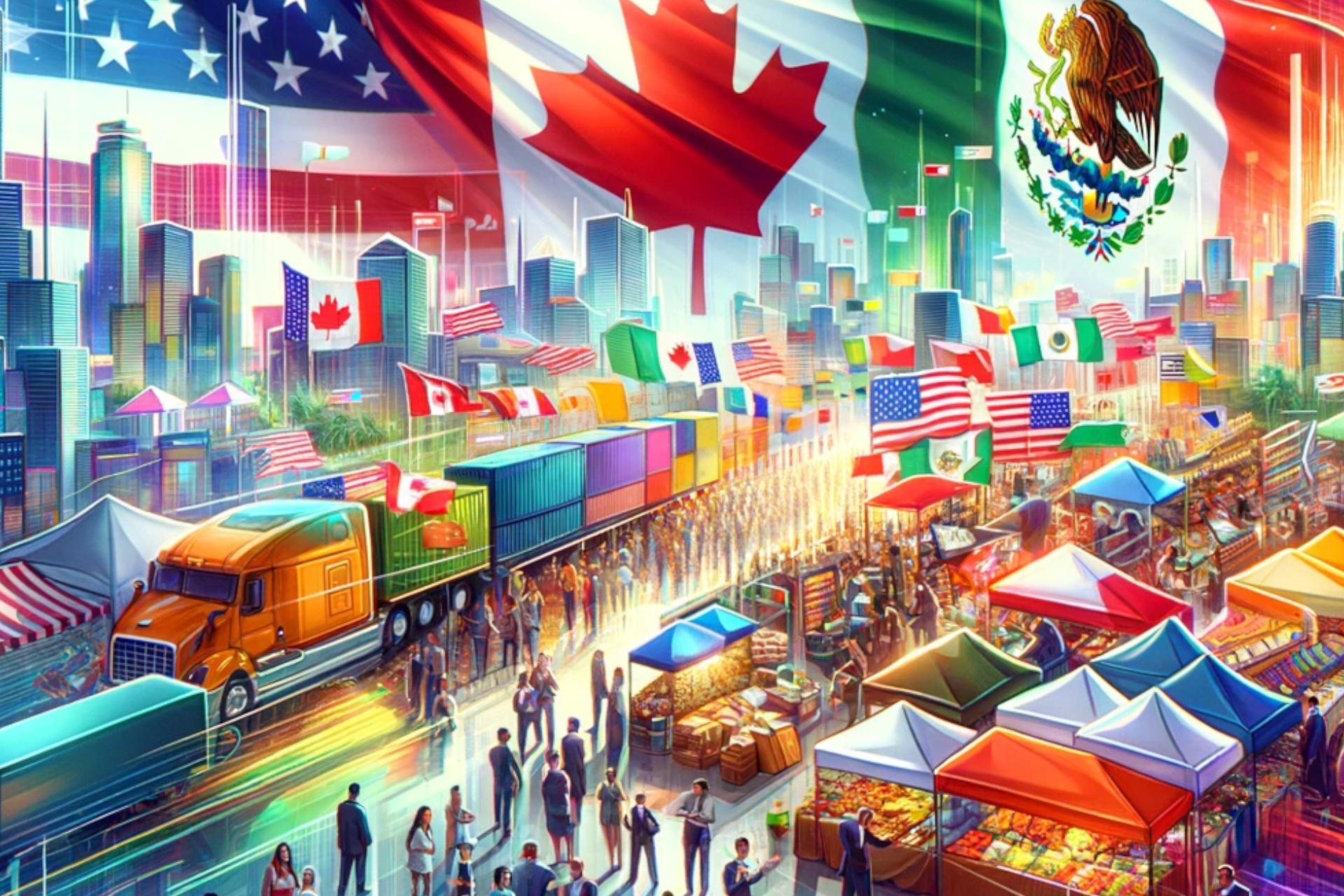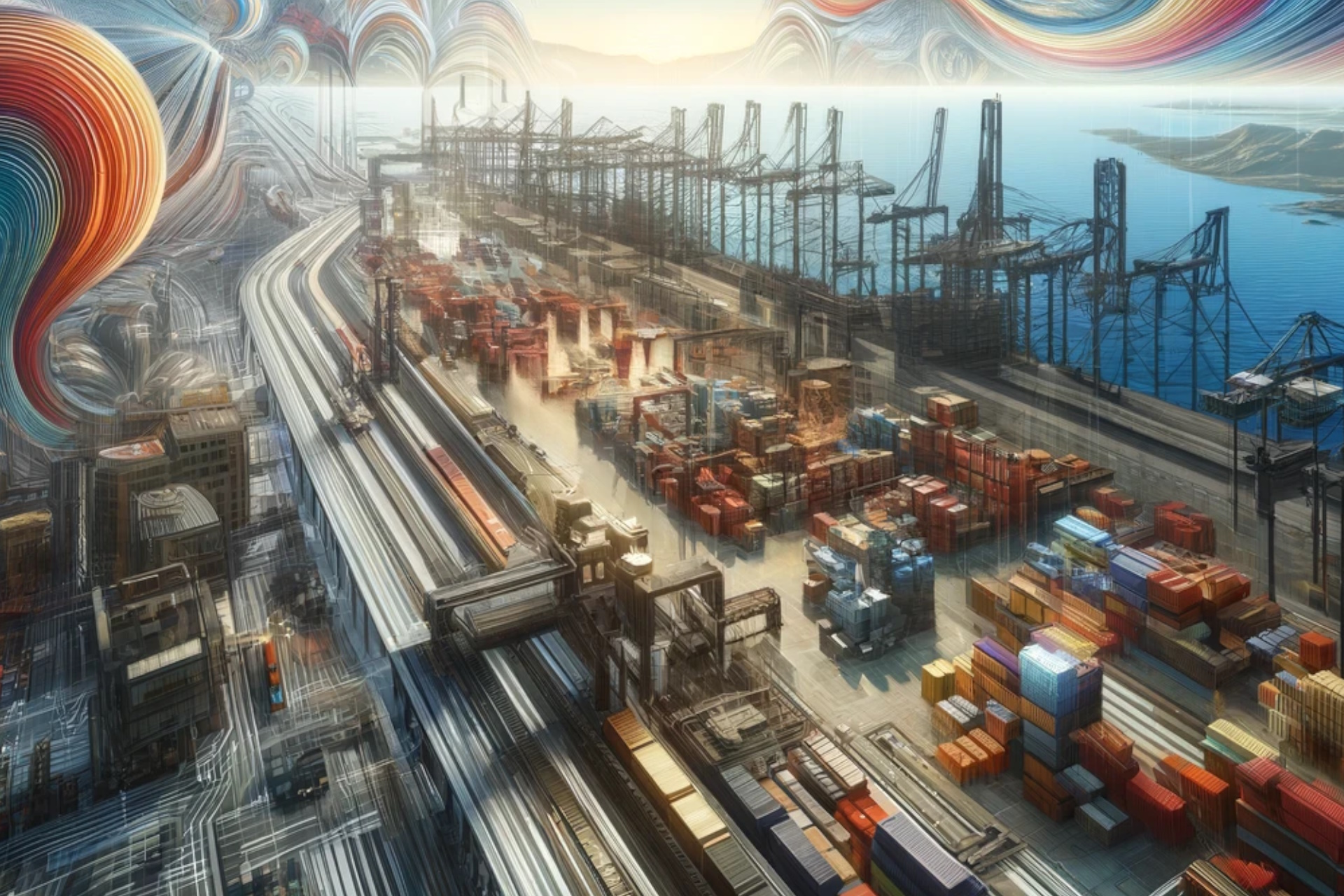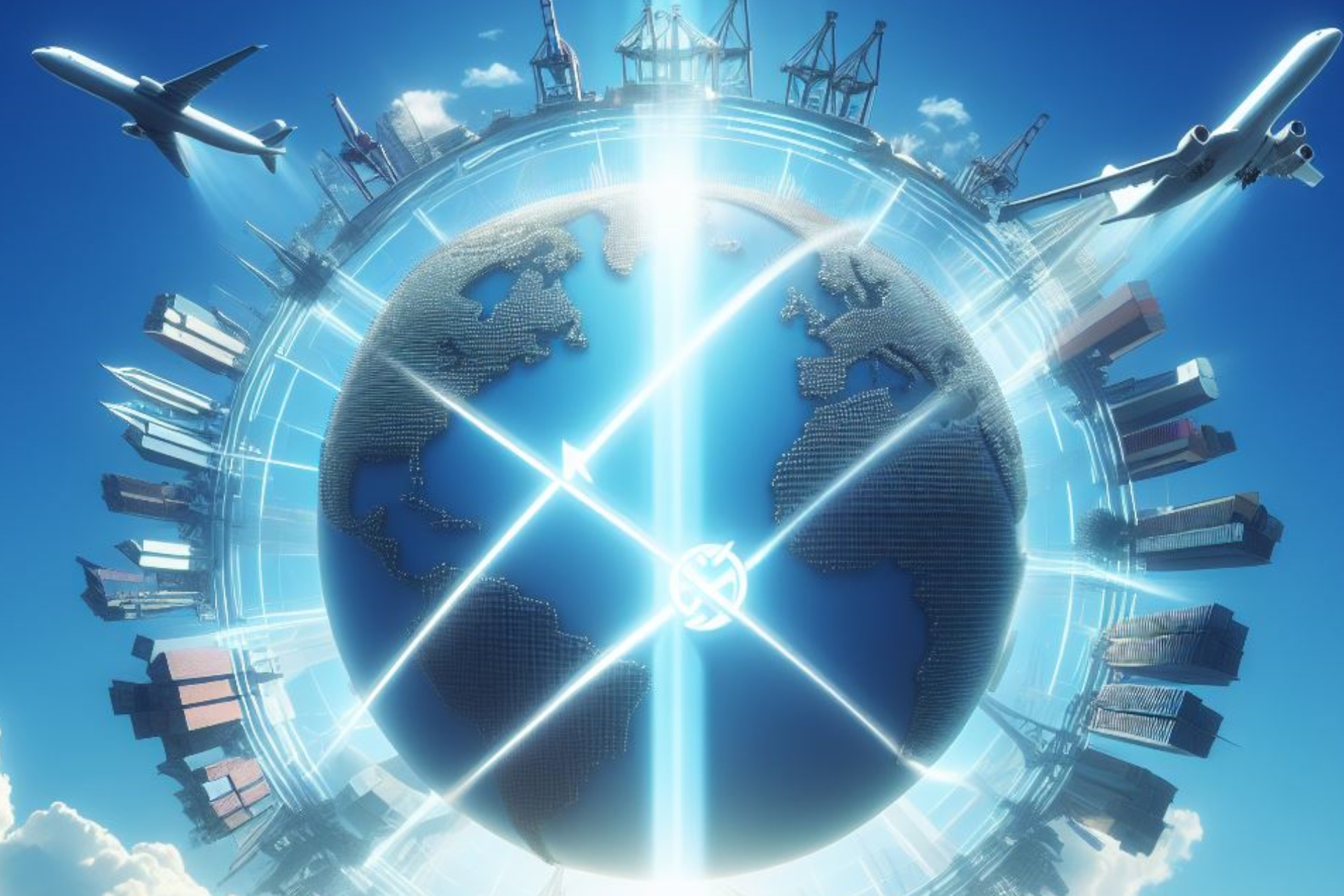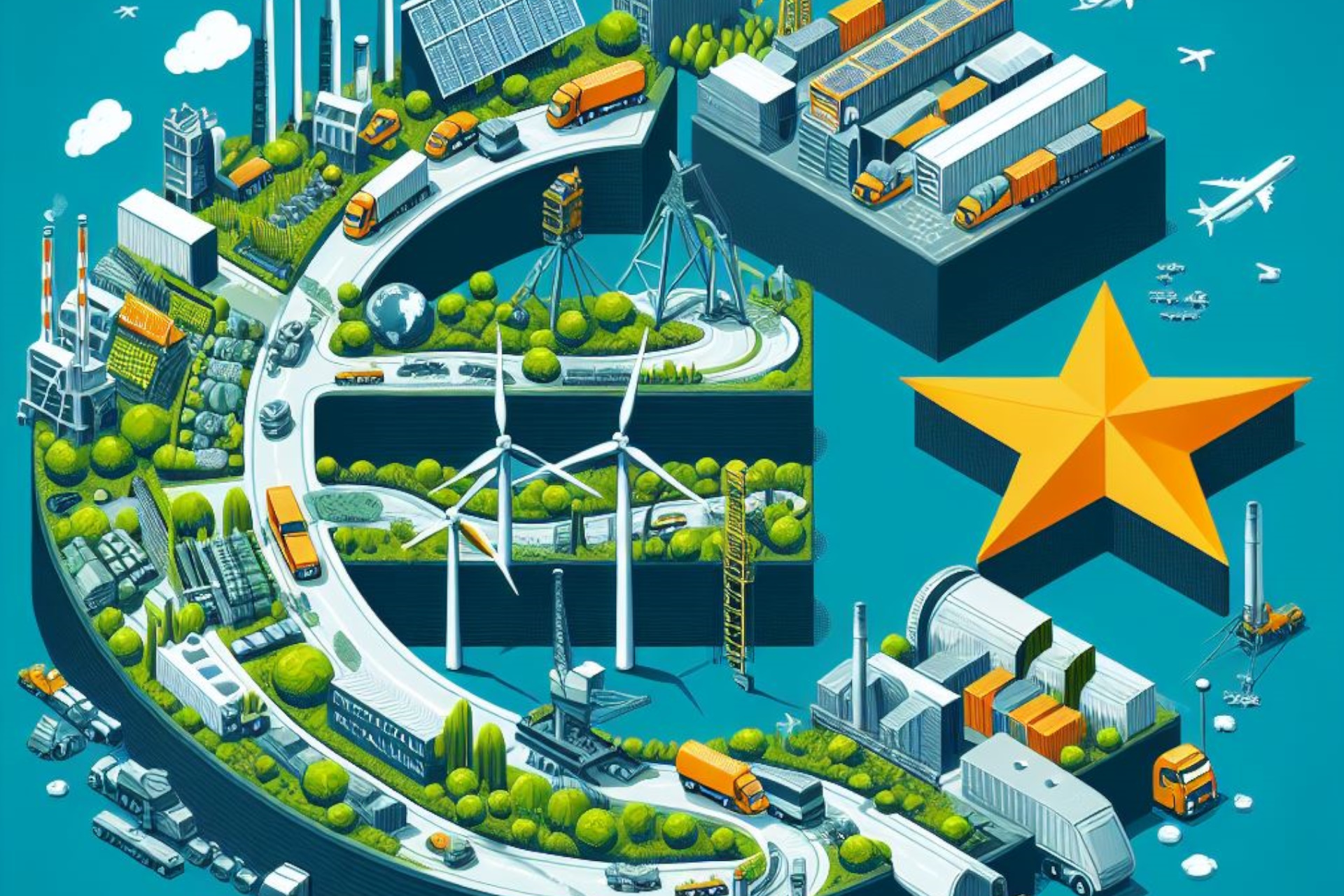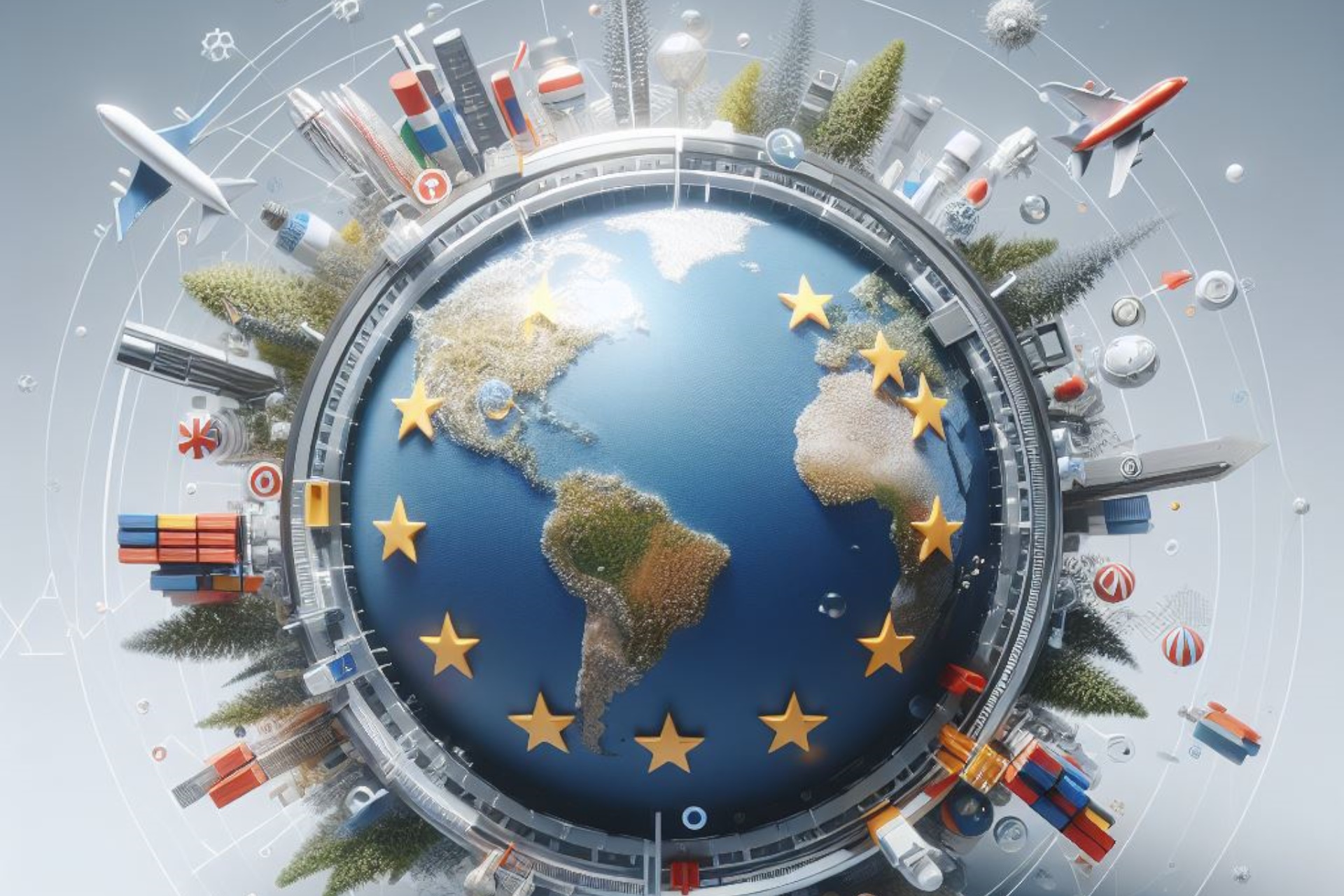Trade liberalization stands as a key strategy for building economic resilience in an interconnected world. By embracing free trade and removing barriers, nations can diversify their markets, access specialized resources, expand their reach, create jobs, foster innovation, and enhance overall economic resilience. Rather than succumbing to protectionism, let us recognize the tremendous opportunities that trade liberalization offers for long-term prosperity and sustainable development. Through international trade, we can build robust economies that can withstand challenges, adapt to changes, and seize the benefits of globalization for the betterment of all.
Diversification of Markets and Supply Chains
Trade liberalization allows nations to diversify their markets and supply chains, mitigating risks and enhancing economic resilience. By engaging in free trade, countries reduce their dependence on a single market or a limited number of suppliers. This diversification provides a cushion against economic shocks, such as recessions, natural disasters, or geopolitical uncertainties. When disruptions occur in one market or from a specific supplier, countries with diverse trade partnerships can quickly pivot to alternative sources, ensuring the continuity of trade and minimizing the impact on their economies.
Access to Specialized Resources and Expertise
Trade liberalization opens doors to access specialized resources and expertise from around the world. By removing trade barriers, nations can tap into global markets to acquire raw materials, intermediate goods, and services that are crucial for their industries. This access to specialized resources enhances productivity, efficiency, and innovation, strengthening the overall competitiveness of domestic businesses. Through international trade, countries can leverage the comparative advantages of others, fostering collaboration and knowledge-sharing that drives economic resilience and sustainable growth.
Market Expansion and Economic Growth
Trade liberalization expands market opportunities for businesses, enabling them to tap into a broader consumer base and drive economic growth. By removing tariffs, quotas, and other trade barriers, countries create a conducive environment for businesses to expand beyond their domestic markets. This market expansion generates new avenues for revenue and growth, providing a buffer against economic downturns in any particular market. Moreover, increased trade fosters healthy competition, stimulates innovation, and encourages efficiency gains, leading to overall economic resilience and long-term prosperity.
Job Creation and Skills Development
Trade liberalization spurs job creation and fosters skills development, contributing to economic resilience at the individual and societal levels. By promoting international trade, countries create opportunities for businesses to expand operations and create employment opportunities. Increased trade flows lead to a demand for skilled workers, encouraging investments in education, training, and capacity building. This, in turn, enhances the employability of the workforce and promotes economic resilience by ensuring a skilled labor pool that can adapt to evolving market demands.
Encouraging Innovation and Entrepreneurship
Trade liberalization fosters innovation and entrepreneurship by facilitating the exchange of ideas, knowledge, and technology. When countries engage in free trade, they become part of a global network where innovative ideas and best practices are shared. This exchange stimulates entrepreneurial activity, as individuals and businesses seek to capitalize on emerging opportunities and contribute to economic resilience. By embracing trade liberalization, nations create an environment that encourages innovation, nurtures entrepreneurship, and enables the development of disruptive technologies and industries.
Read more views
























































